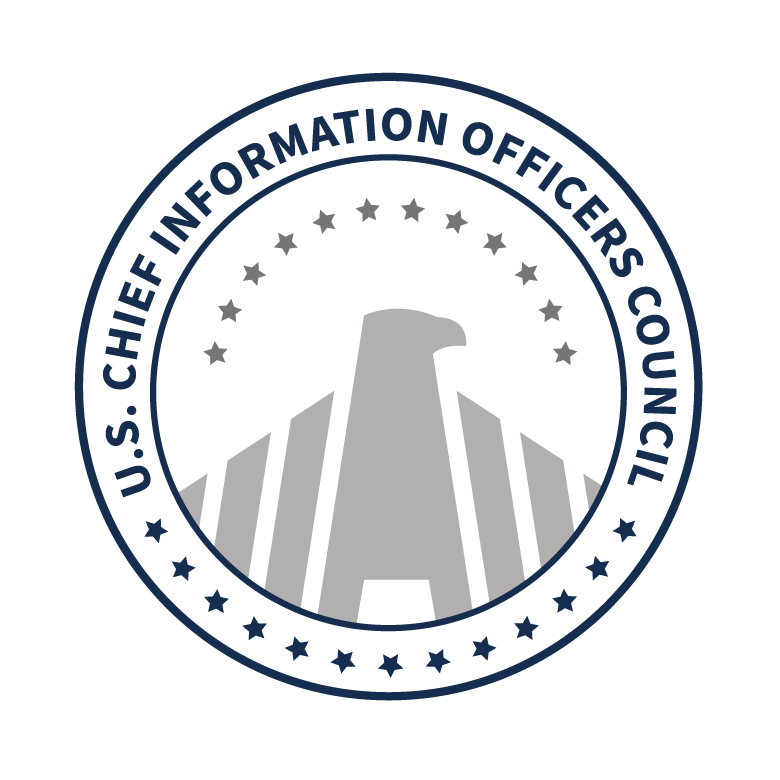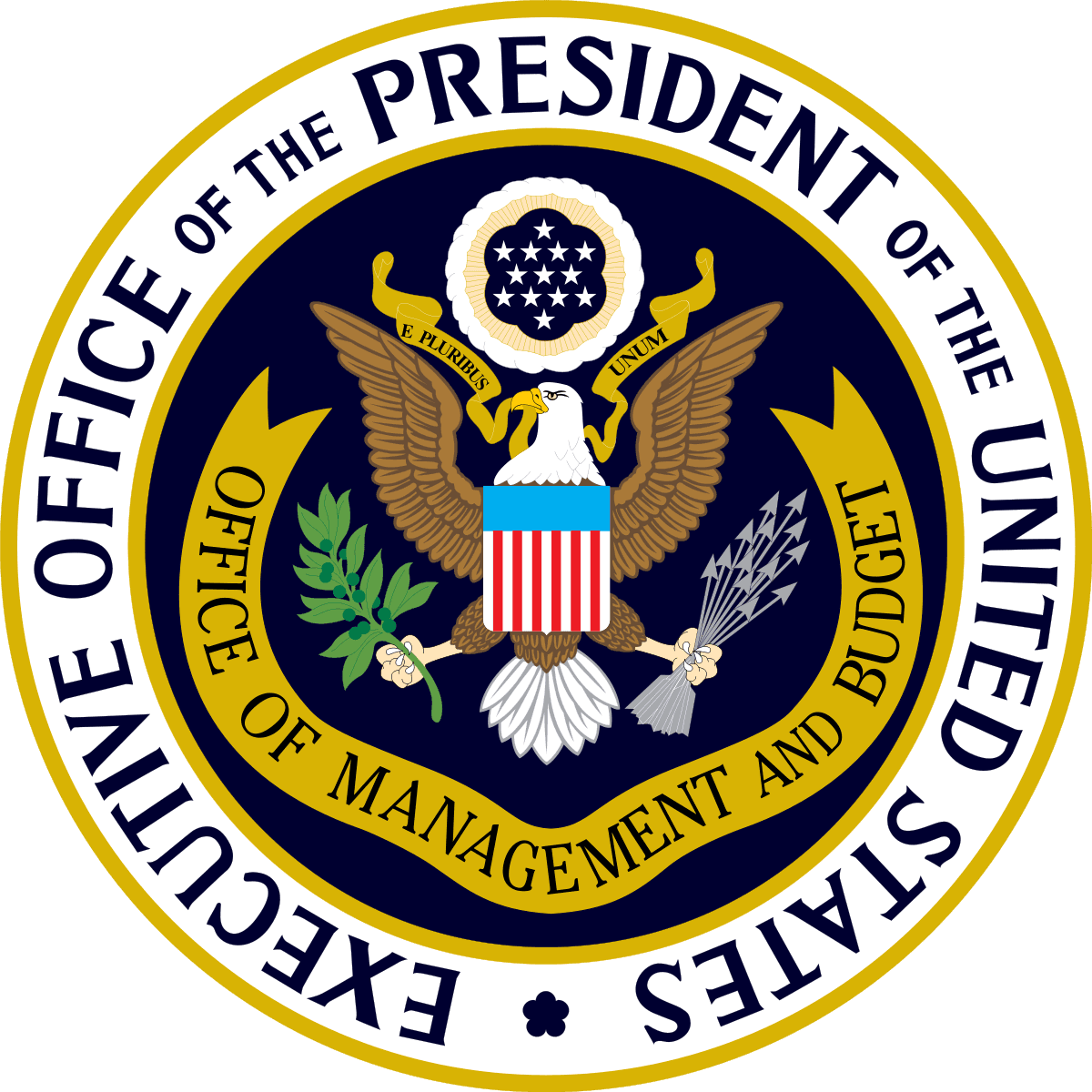4.3 Chief Data Officer (CDO)
The CDO of an agency shall be designated on the basis of demonstrated training and experience in data management, governance (including creation, application, and maintenance of data standards), collection, analysis, protection, use, and dissemination, including with respect to any statistical and related techniques to protect and de-identify confidential data. (44 U.S.C. § 3520. Chief Data Officers.) The agency CDO will be a trusted partner for the agency CIO in developing and implementing policies and statutory requirements related to the management of agency data.
Agency CDO responsibilities include:
- [Responsible] for lifecycle data management;
- Coordinate with any official in the agency responsible for using, protecting, disseminating, and generating data to ensure that the data needs of the agency are met;
- Manage data assets of the agency, including the standardization of data format, sharing of data assets, and publication of data assets in accordance with applicable law;
- Ensure that, to the extent practicable, agency data conforms with data management best practices;
- Engage agency employees, the public, and contractors in using public data assets and encourage collaborative approaches on improving data use;
- Support the Performance Improvement Officer of the agency in identifying and using data to carry out the functions described in section 1124(a)(2) of title 31 (31 U.S.C. § 1124(a)(2). Performance Improvement Officers);
- Support the Evaluation Officer of the agency in obtaining data to carry out the functions described in section 313(d) of title 5 (5 U.S.C. § 313(d). Evaluation Officers);
- Review the impact of the infrastructure of the agency on data asset accessibility and coordinate with the [CIO] of the agency to improve such infrastructure to reduce barriers that inhibit data asset accessibility;
- Ensure that, to the extent practicable, the agency maximizes the use of data in the agency, including for the production of evidence (as defined in section 3561 ( 44 U.S.C. § 3561. Definitions)), cybersecurity, and the improvement of agency operations;
- Identify points of contact for roles and responsibilities related to open data use and implementation;
- Serve as the agency liaison to other agencies and [OMB] on the best way to use existing agency data for statistical purposes. (as defined in section 3561 (Ibid.)
CDO Council
The CDO Council established by the Evidence Act (Public Law 115-435. Foundations for Evidence-Based Policymaking Act of 2018) includes all agency Chief Data Officers, the Administrator of the Office of Electronic Government (or designee), the Administrator of the Office of Information and Regulatory Affairs (or designee), and an Ex Officio Member (to represent all Chief Information Officers and Evaluation Officers). The CDO Council meets regularly to:
- Establish government-wide best practices for the use, protection, dissemination, and generation of data;
- Promote and encourage data sharing agreements between agencies;
- Identify ways in which agencies can improve upon the production of evidence for use in policymaking; consult with the public and engage with private users of Government data and other stakeholders on how to improve access to data assets of the Federal Government; and
- Identify and evaluate new technology solutions for improving the collection and use of data.
The CDO Council’s resources will reflect consultation with the public and engagement with private users of government data and other stakeholders on how to improve access to Federal data assets. In addition, the CDO Council will identify and evaluate new technology solutions for improving the collection and use of data. The CDO Council will share responsibility with other government-wide councils that conduct statutory, data-related activities, such as the Interagency Council on Statistical Policy (ICSP) and the Evaluation Officer Council. OMB expects that the activities of these multiple councils will be coordinated through the OMB Federal Data Policy Committee.



